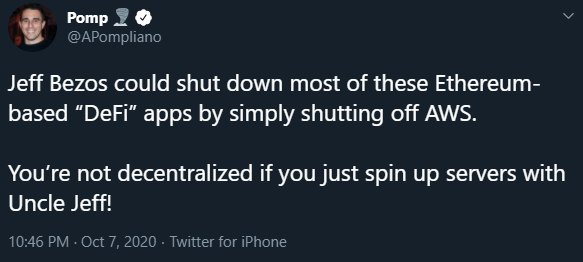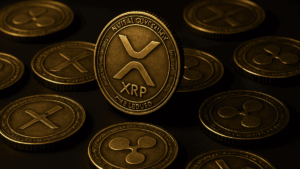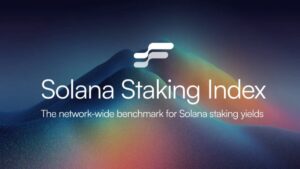As the decentralized finance (DeFi) industry continues to grow exponentially in size, many are worried about whether today’s platforms are decentralized or not.
Based on a recent Tweet from Morgan Creek Digital co-founder Anthony Pompliano, who shared his opinion that DeFi is not completely decentralized, we see that the community is completely polarized. While a part of cryptocurrency enthusiasts believe that DeFi is decentralized, others claim otherwise.
So which side is correct? Decentralized finance must be decentralized in nature. If not, it is the same as the currently active centralized legacy finance. Since a huge number of new developers joined the newly hyped DeFi industry, we see an influx of protocols that are only partially decentralized.
There are numerous examples of projects that had decentralized smart contracts, but a centralized organization. On SushiSwap, we saw that the founder had full access to the main developer wallet. Naturally, this makes the DEX partially decentralized since a major control of the token supply affects prices. In practice, we saw how one individual managed to completely remove liquidity and push off users from the platform.
On another note, we have a problem that appears not in DeFi but in the founding blocks of the industry. More than 90% of modern DeFi solutions are based on the Ethereum network. However, statistics show that hosting providers control a majority of the network’s nodes.
According to EtherNodes, 70% of all Ethereum nodes are controlled by hosting services. If only half of these services went offline or experienced problems, the Ethereum network would crash. While these hosting services do not represent a single entity, there still remain cases of excessive control. For example, AWS accounts for ~30% of the nodes.
Decentralization is a goal, not a feature
Blockchain technology is designed to be inherently decentralized. However, most people fail to grasp that decentralization is not a feature, but something that must be achieved.
Therefore, it is no wonder that both Ethereum and DeFi are not fully decentralized when the industry is only five years old. For the industry to reach the goal of complete decentralization, it must first reach massive adoption levels.
Why? Because as more individuals create nodes on Ethereum, larger entities will have a lower share of the overall network. By doing so, we ensure that power is fairly distributed and that no one can control the blockchain on their own.
The same is applicable to Bitcoin as well. How can the main blockchain protocol be fully decentralized if China owns a major portion of miners? If any centralized entity were to order that all miners shut down their operations, the Bitcoin network would lose a significant part of its power.
Of course, it would not completely collapse, but it would no longer be able to support a high number of transactions. In the past, we saw how this possibility affects markets as participants start a sell-off at the very sight of a mining ban in China.
With that in mind, we can conclude that DeFi not being 100% decentralized is clearly not a problem. At least for now. Yes, investors should stay far away from malicious projects that inherently have a centralized structure for the sake of scamming.
But that cannot be said for the leading and most popular DeFi protocols. They may not be fully decentralized, but who really cares? We are seeing historic innovation at work and should not cloud our minds with imaginary ideological utopias. For all we know, the industry can transform into exactly what we strive to achieve in only a couple of years.
If you found this article interesting, here you can find more DeFi News











